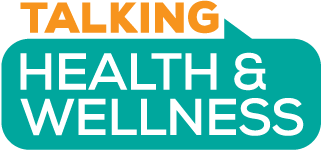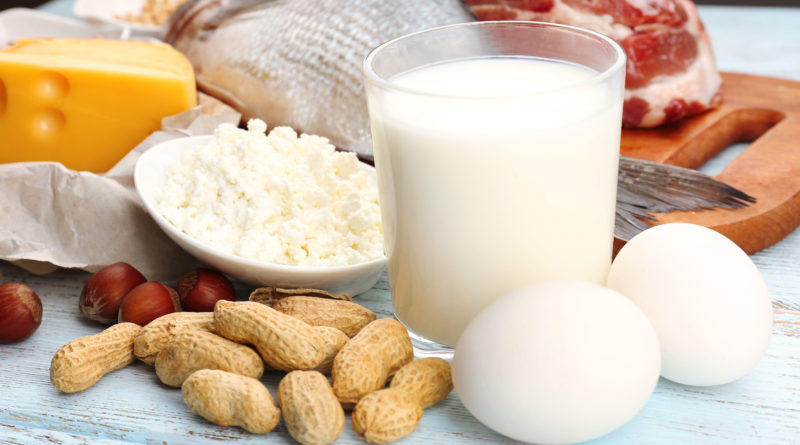The Importance of Protein
“Eat your protein!” Whoever told you this growing up was right. Protein is one of the macronutrients that is essential to our diet. We need an adequate amount in our daily diet to stay healthy. Protein is commonly known for its abilities to promote muscle growth. It is also a necessary component of the body’s metabolism. For example, protein is the macronutrient that is responsible for the growth, repair, and maintenance of cells (i.e. muscle, cartilage, skin, hair, etc.). Protein also maintains our hunger, stabilizes blood sugar, and plays a role in hormonal regulation.
Despite all its benefits, protein continues to be difficult for people to fit into their diet. Here are some tips to boost your protein intake:
- Aim to eat protein at each meal. Compare the portion to the palm of your hand or a deck of cards. The type of proteins you should eat more of are eggs, egg whites, chicken, turkey, and fish. These are all lean proteins. Higher fat proteins include beef, pork, and some fatty fish like salmon. These are also wonderful sources of protein, however they are higher in saturated fats and should be eaten less often than the leaner proteins listed above.
- Include protein in snacks. Doing so will help you feel fuller for longer in between meals. Some easy, high protein snack ideas include nuts, seeds, peanut butter, hard boiled egg, yogurt, or a skim cheese stick.
It is important to pair proteins in your meals and snacks with foods that contain fiber. Protein and fiber together increase satiety and reduce the urge to over indulge. For example, apple and peanut butter is a great protein + fiber combination.
Overall, including protein in your diet will tremendously benefit your health and wellness. If you avoid meats, there are many plant-based protein sources available like beans, nuts, seeds, tofu, tempeh, protein powders and meat alternatives.
Source: https://www.healthline.com/nutrition/14-ways-to-increase-protein-intake

